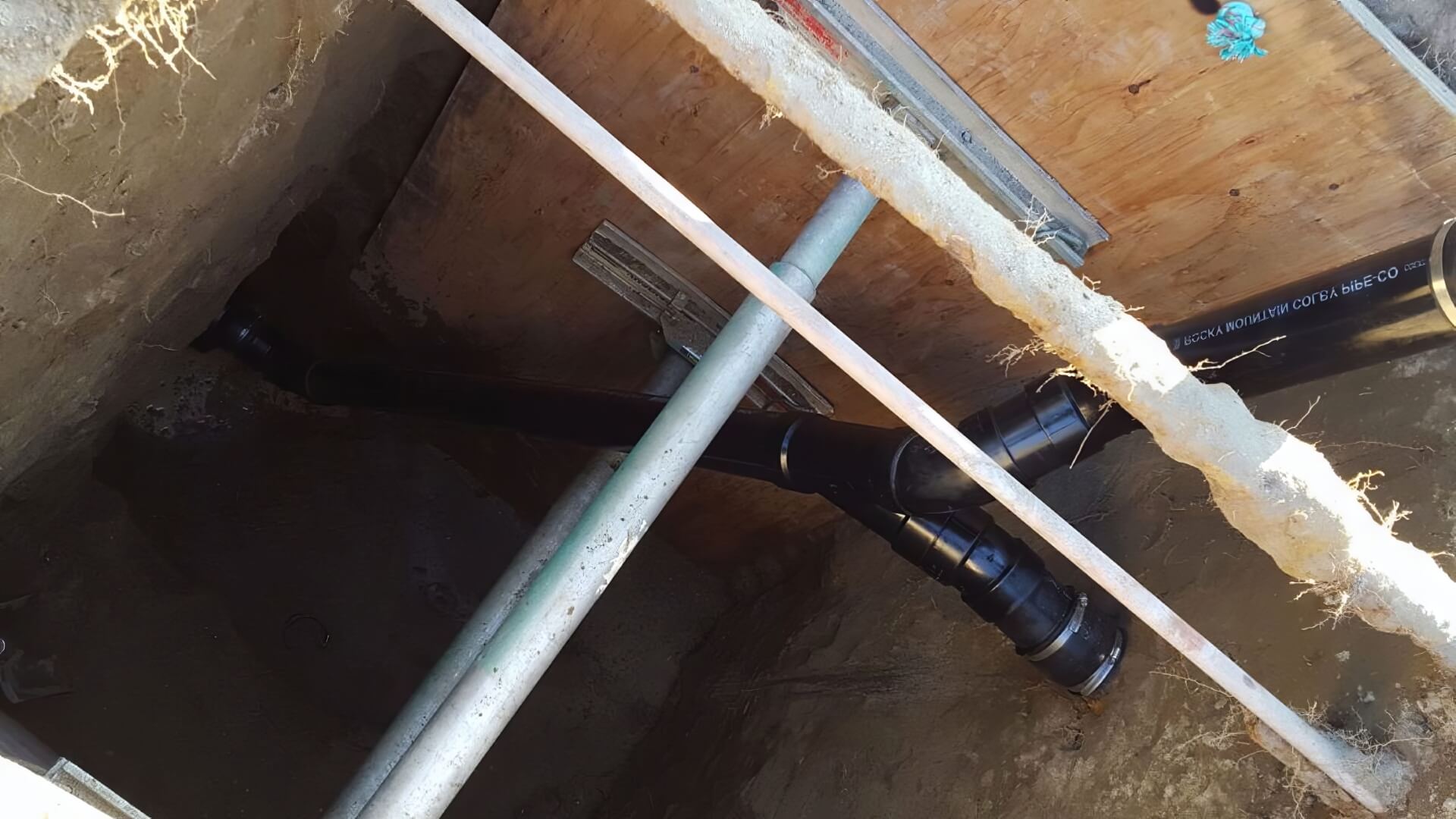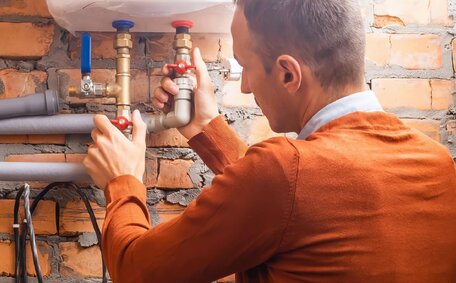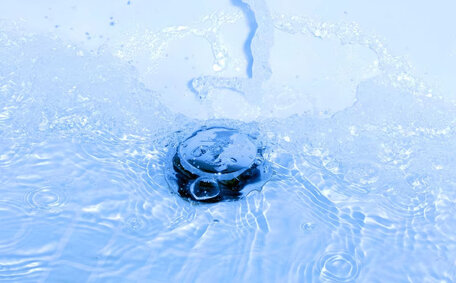Introduction to Water Heater Systems
Hot water systems play a crucial role in ensuring your household access to warm baths and clean dishes. The array of systems which a water heater can encompass to secure a hot water supply in Australian homes spans storage tanks, tankless, heat pumps, and solar.
Water heaters with storage tanks keep a quantified amount of hot and cold water at a warm equilibrium, perfect for the many needs within your house. Tankless gas water heaters instantly warm up the water supply as it runs through the system, eliminating any necessity for a storage tank.
Gas or electric heating elements heat the water, which stays hot until needed. Gas or electric heating elements heat the water, which stays hot until needed. Solar water heaters absorb sunlight to elevate your water temperature when your hot needs arise.
It’s important to understand how your system works so you can properly maintain it and troubleshoot any issues. When hot water system problems surface, to figure out the root causes is critical and might lead you to seek a plumber’s help for repairs.
While tackling water heater problems, it’s imperative to maintain an average temperature of 50°C to adhere to Australian plumbing regulations.
Common Signs Your Water Heater is Failing
Diversified indicators might suggest things can go awry affecting the entire hot water output in your domicile. If you observe any of these symptoms, you should call for a hot water heater inspection, as they may suggest potential failure and the need for repairs:
- Inconsistent water temperature - Should there be no consistent hot water delivery, or it fails to reach proper heat levels, this surely insinuates a complication.
- Discoloured water coming out - If you notice rusty, brown, or dirty-looking water coming from your hot water tank or when draining the heater, it indicates corrosion and sediment buildup inside.
- Decreased water pressure - A frail flow as you turn hot water tap may point to leaks, clogs, or a burdened heater.
- Odd sounds emanating from your heater, like clangs or hisses, could be a red flag that it’s not working properly.
- Water pooling at the base - when theres unexpected water gathering around your unit, it suggests potential leaks which are not to be overlooked.
These signs underline potential hitches in your water system, summoning a plumber’s expertise to find out and mend the specific glitches.
When to Do It Yourself
You can take preliminary steps to check your hot water system’s performance before seeking professional help:
- Always check your circuit to confirm the power is on and the breaker hasn’t disengaged. Should your circuit breaker disengage, swiftly turn back the switch to revive your system’s normal operations.
- Check the thermostat to ensure you should set it accurately for your preferred water temperature.
- For gas systems, ensure your heater’s pilot light is operational, bearing in mind that this is a matter professionals can resolve if there’s an issue. Carefully ignite the pilot again if you need help restoring it.
- Many heaters have a high-temperature limit switch you can try resetting.
- Drain a fraction of water from the pressure relief valve to eradicate build up of sediment inside the tank.
- Carry out your annual water heater flush to avert mineral deposit accumulation.
Nevertheless, if problems linger after your troubleshooting, don’t hesitate to give us call to consult a licensed plumber for a complete hot water service assessment. Handle your gas electric systems cautiously when troubleshooting; ill-informed tampering poses serious dangers. Additionally, DIY repairs may void warranties.
When to Call a Professional
There are certain situations when it’s crucial to do call a professional plumber to address your hot water system problems rather than trying to fix it yourself:
- You smell your gas or detect a potential gas leak - These risks can cause concern, and alongside the potential for a new hot water heater installation, necessitate immediate attention to evade the risk of fire or explosion. Turn off the gas supply line and call the fire department if needed.
- The hot water tank is leaking - Such leaks typically indicate the need for water system installation or replacement. Experts can provide guidance on water installation preferences as well as practical details like service charges.
- Issues involve electrical components - Unless you have training, there no justification to attempt to work on complex wiring or heating elements yourself.
- Problems persist despite troubleshooting - Call when basic steps like checking power supplies or relighting the pilot light haven’t mended the issues with your water tank.
- The system is still under warranty - DIY repairs often void manufacturer warranties, so call for service to keep coverage intact.
For readers located in Ryde, Sydney dealing with stubborn hot water system problems, contact the knowledgeable and licenced technicians at Ryde Plumbing. Call 1300 349 338 or email [email protected] to schedule an appointment with our water heater repair specialists before issues get worse or plumbing emergencies occur.
Plumber vs Electrician - Who Should You Call?
When obstacles with your electric hot water system come to light, identifying who do you need, a plumber or electrician, or perhaps a combination, can be puzzling. Generally, an electrician plumber combo deals with the plumbing aspects like the water lines, tank issues, gas fittings, and overall system installation. Electricians handle electrical components including wiring, heating elements, and circuit breakers.
Call a plumber for:
- No hot water or not enough hot water
- Dripping or leaking tanks
- Low water flow or pressure
- Gas line connections and leakage
- New system installation
As electric storage tank heaters typically last 10-15 years and gas hot water units 8-12, professionals might determine a new hot water system is the best route, offering advice on the latest upgrades.
Call an electrician for:
- Problems with electric wiring to the unit
- Heating elements not working
- Electrical control panel and thermostat issues
- GFCI/circuit breaker frequently tripping
- Odd electrical smells from the unit
For the widest range of hot water system issues, your best bet is calling out qualified technicians from a full-service plumbing company like Ryde Plumbing on 1300 349 338.
Our sharp-eyed professionals can identify and tackle complex issues, making essential repairs to both your gas hot water system and electric models.
What a Professional Assessment Can Tell You
A professional assessment by a licenced plumber is extremely valuable when troubleshooting hot water system problems on your property. The plumber will conduct a thorough inspection of all components to repair your hot water system and properly diagnose issues.
This includes checking:
- The thermostat and ensuring it is set to the proper temperature
- Heating elements for any cracks or damage
- The thermocouple which signals the pilot light
- The pilot light assembly and gas valve
- Water connections and pipes for leaks
- The anode rod for corrosion
- Sediment buildup and mineral deposits inside the tank
Mineral deposits from hard water can coat components, leading to reduced efficiency and heat transfer issues. A plumber can advise on system flushing or scale removal if needed.
Following a thorough assessment, the best person, like a seasoned professional, can diagnose your system’s ailments and advise on repair or replacement. They have the expertise to remedy complex issues like:
- Faulty gas valves or thermostats
- Sediment clogs affecting water flow
- Damaged heating elements not firing
- Corroded parts leading to leaks
This analysis can give you peace of mind in your home, knowing the exact cause and recommended fixes. Contact Ryde Plumbing on 1300 349 338 to schedule an inspection or diagnosis of your hot water system troubles today.






